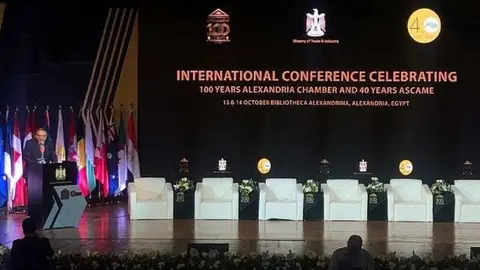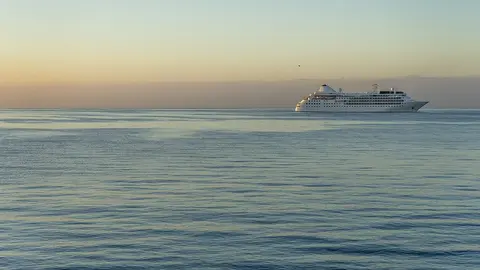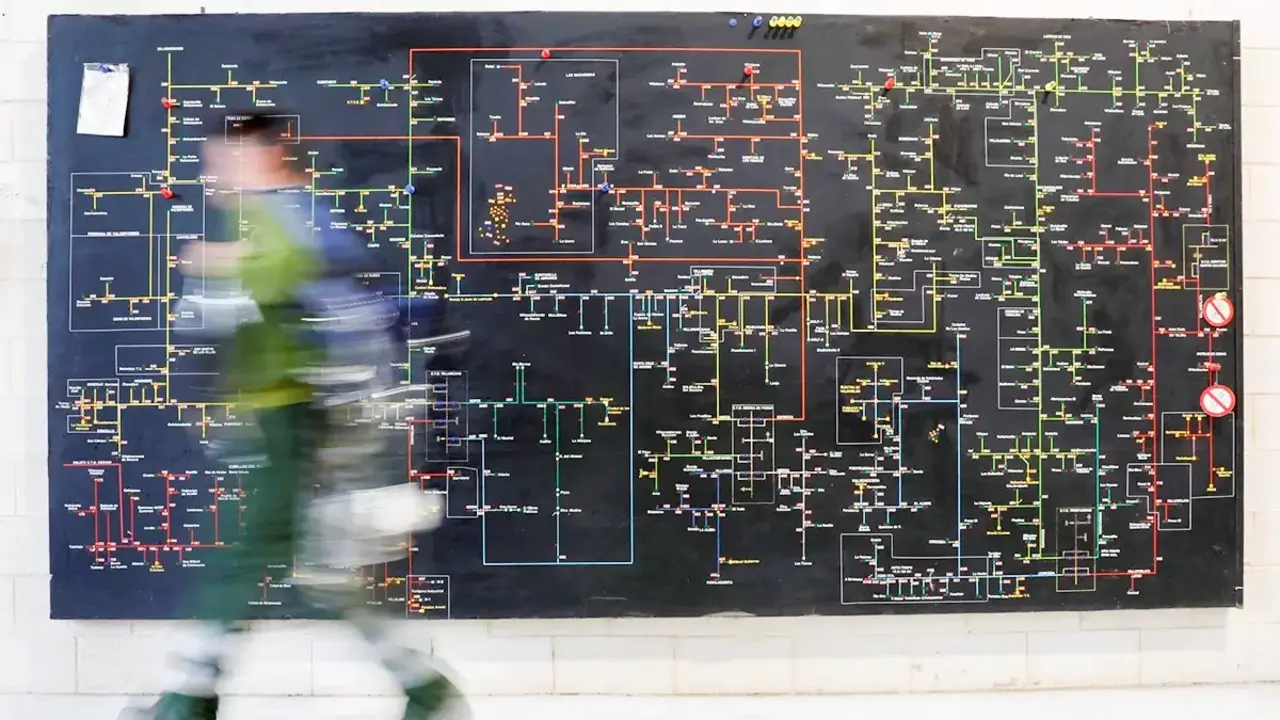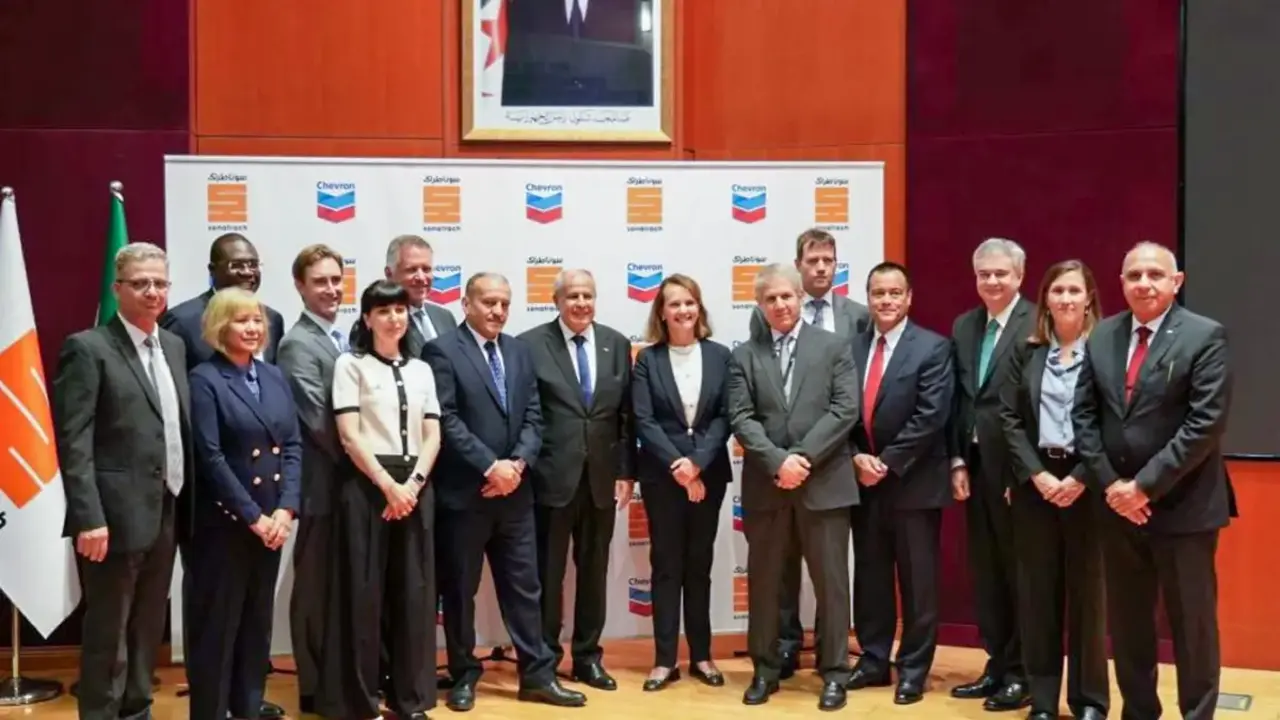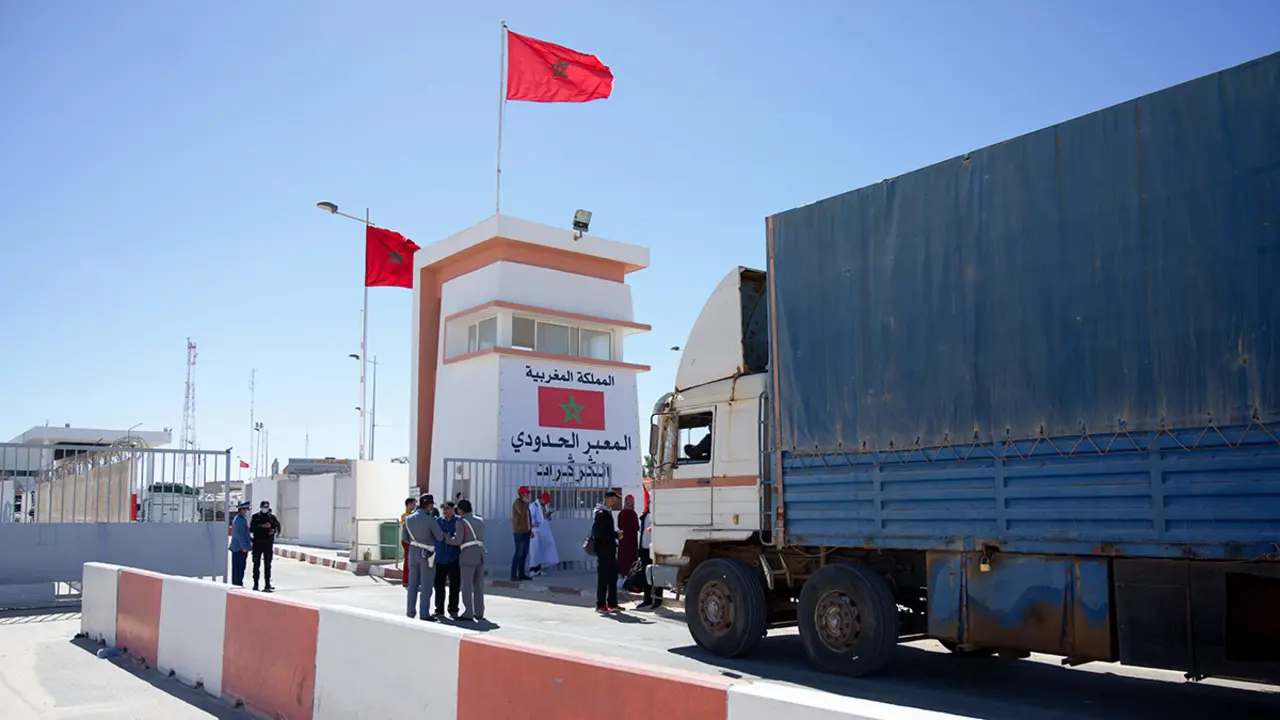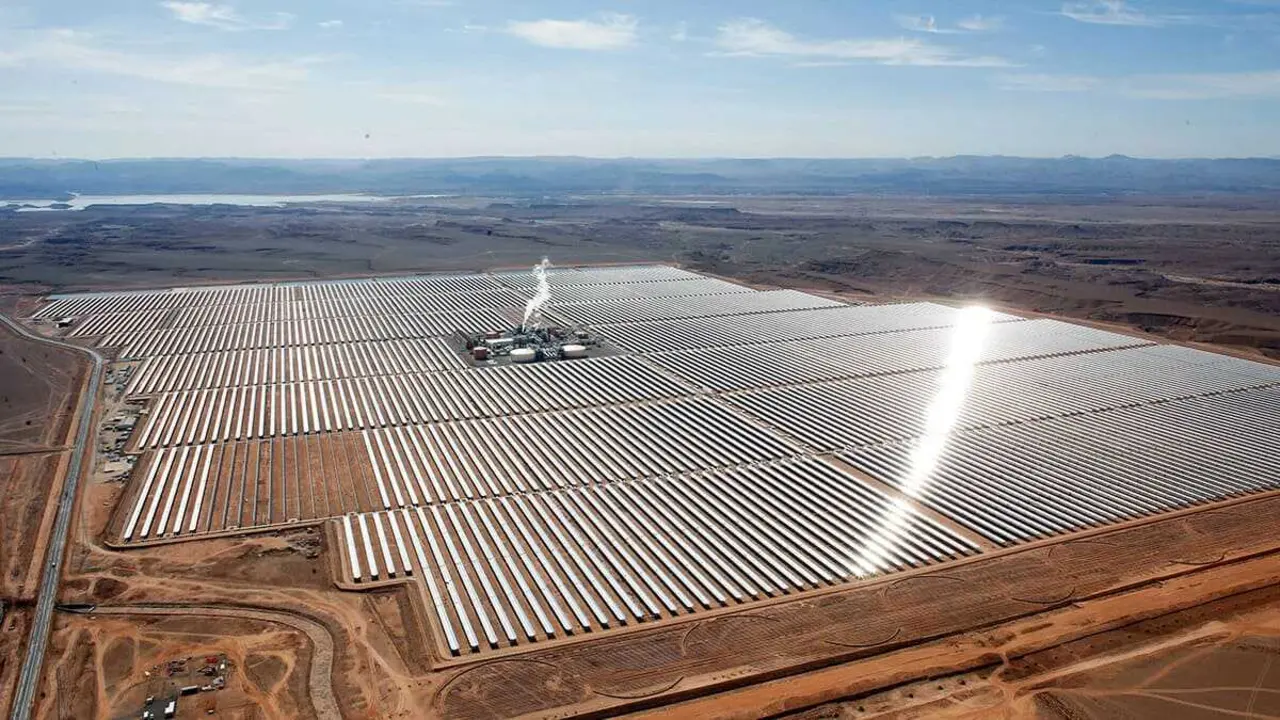ASCAME warns about the impact of protectionism on international trade and investments
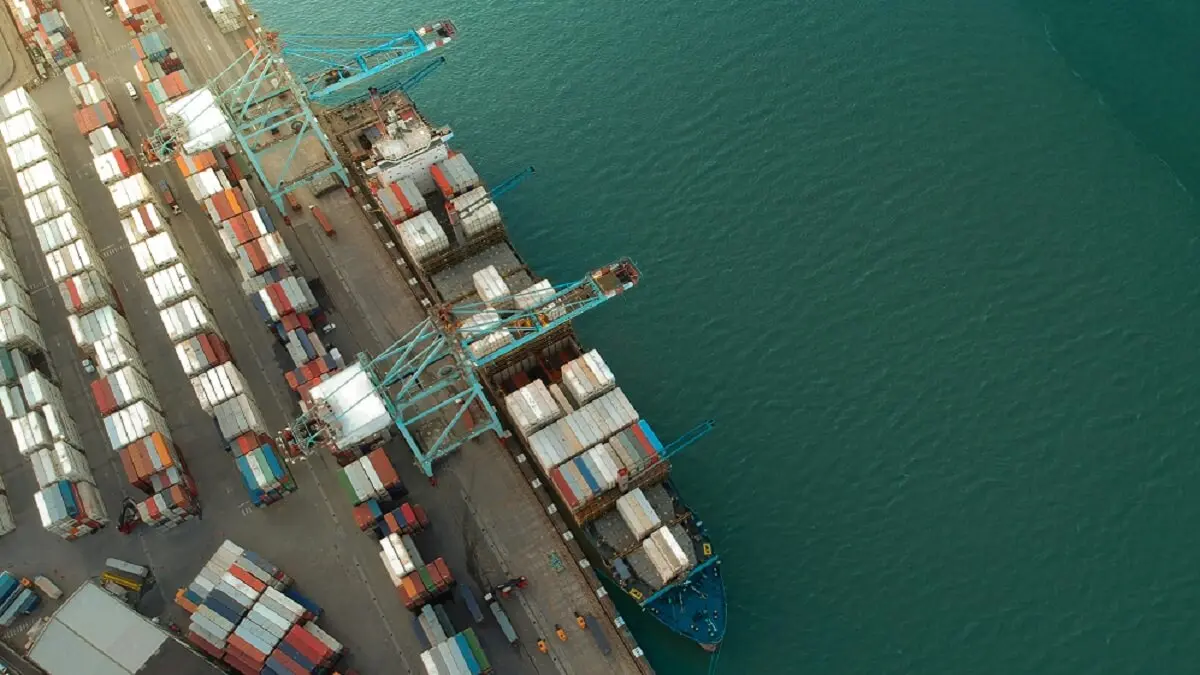
The Association of Mediterranean Chambers of Commerce (ASCAME) warns about the rise of trade protectionism and its impact on the Mediterranean.
Protectionist measures related to trade alone are estimated to have tripled between 2019 and 2022, with 3,000 measures leading to a 7% drop in global GDP. Faced with this return of trade protectionism, the institution warns of the risks posed by the restrictions on trade, investment and technology transfer that are already being implemented by some major powers.
One of the main consequences is the impact these protectionist policies will have on their external trade and ability to attract foreign investment, which will require urgent action and binding coordination between Mediterranean countries and the EU before the situation becomes even more critical.
Trade relations in the region are worth 1.1 trillion euros annually and account for one third of overall trade between the Mediterranean and the rest of the world. This contrasts with other prosperous regions, where the main partners are often neighbours. Exports are more competitive when they take place between several countries, as synergies are established that translate into more innovation - due to knowledge transfer -, greater efficiency in production - because resources and labour are shared - and greater competitiveness not only for those countries, but for the region as a whole.
In addition, trade and investment liberalisation policies have brought significant benefits to the countries that have implemented them. In particular, these countries have seen a 20-fold increase in their growth rate and a four-fold increase in the volume of international trade, as well as a significant 10% reduction in the percentage of people living in extreme poverty.
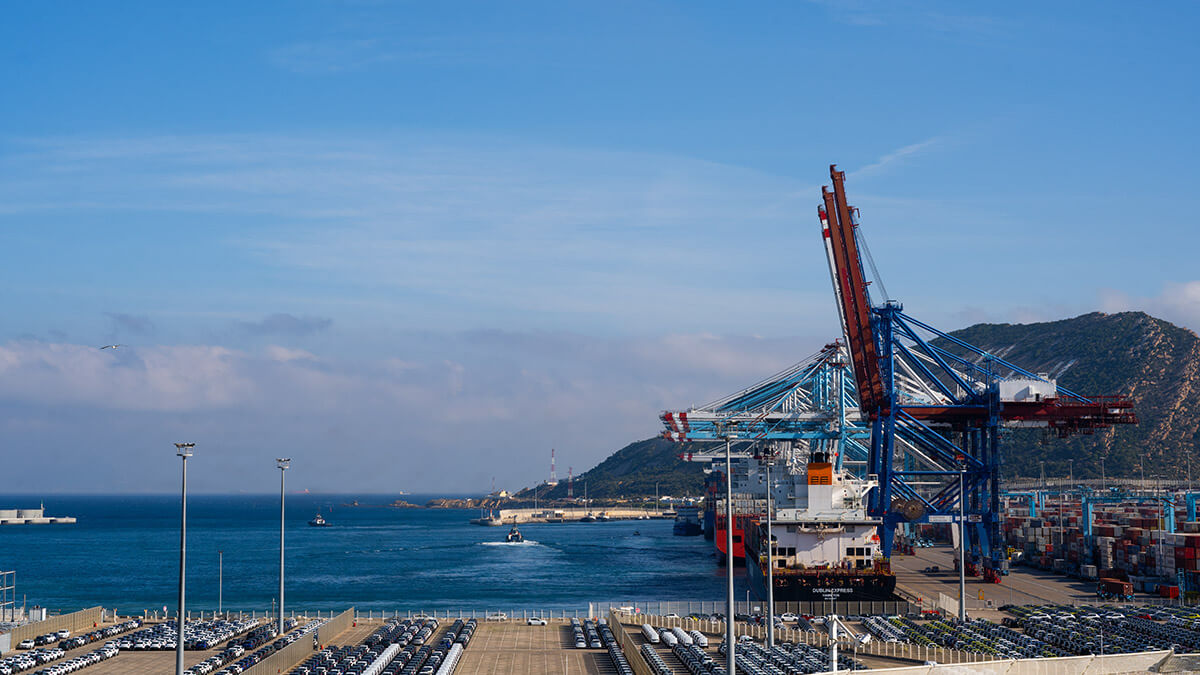
ASCAME's proposals
According to Anwar Zibaoui, ASCAME's general coordinator, we find ourselves in a world where trade, capital and investment are moving away from the established rules of the game and the international agreements that facilitated it. He adds: "There is an urgent need to boost regional integration, increase trade flows, two-way investment and mobility in Mediterranean countries are the main factors that can drive the sustainable recovery that the region needs today to lead the global green transition and become more competitive".
In this context, ASCAME warns that protectionist measures, some of them improvised and experimental, are intended to protect national economic interests and support the most disadvantaged classes. But they are coming at a high cost in subsidies, debt, taxes, tariffs and inflation, and impact on the strategy to address climate change or green transition.
ASCAME calls on multilateral organisations and the international community to negotiate a global growth pact and to unite to prevent the rise of protectionism to guide business decision-making. As Anwar Zibaoui points out, "today more than ever it is essential to provide a global response that favours free trade, that prevents unfair competition and that promotes synergies between countries to jointly advance towards the current challenges of the world and especially the Mediterranean region".

